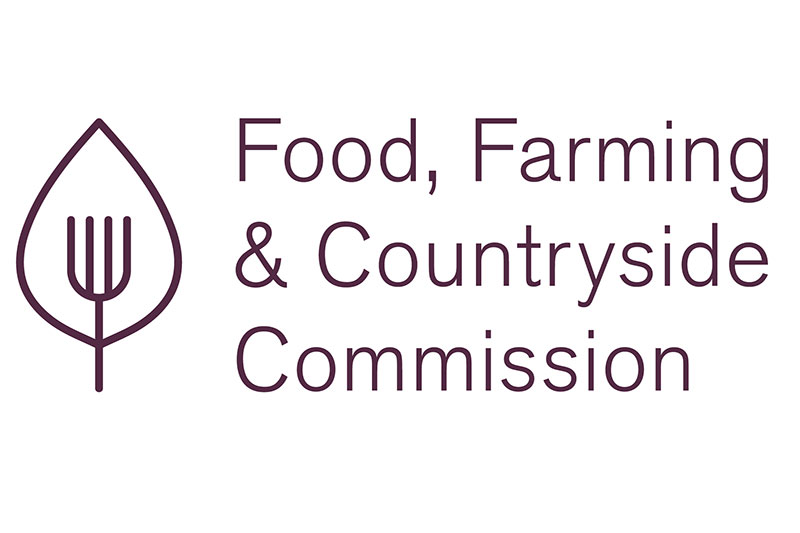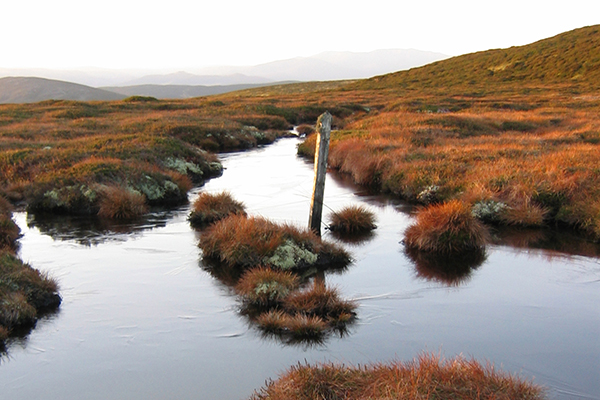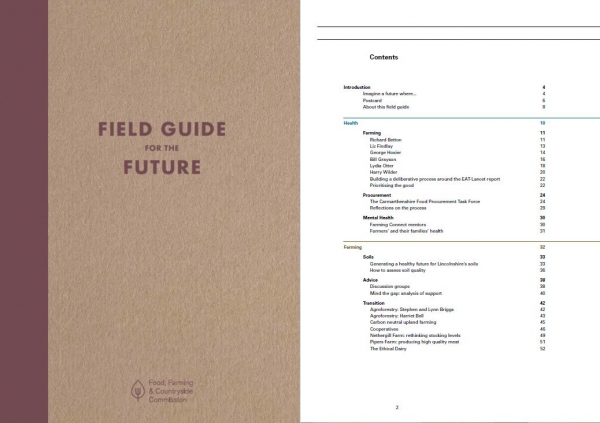Work in Scotland was led by Professor Lorna Dawson, Head of Forensic Soil Science at the James Hutton Institute, Sector Lead for Environment for the SEFARI Gateway, who convened a series of roundtables across the country. The full report was published in September 2019. Lorna said this about the process:
“People from a broad diversity of backgrounds and responsibilities contributed their knowledge, opinions and ideas to the Scotland inquiry. We held a series of roundtable discussions in the capital city Edinburgh, from Shetland in the north, Grampian in the north-east, to the Scottish Borders and Galloway in the south-west. All events were characterised by the participant’s positive attitudes, a willingness to contribute, and a belief in the benefits of aligning efforts to meet the significant challenges being faced by communities.
Issues we encountered during this process included: encouraging community resilience, tackling changing rural demographics, the importance of skills delivery, changes in land use, human and environmental health, water quality and availability, and more.
There was broad agreement around key messages: the need to develop and respect local solutions for local priorities and problems; ensuring that research and evidence are co-constructed with end users; cooperation, collaboration and innovation will be key in driving a successful future; the co-benefits that can be created by the use of natural solutions that work with the natural environment; and the importance of education and training, effective knowledge exchange, and meaningful engagement of all actors in food, farming and the countryside.”


